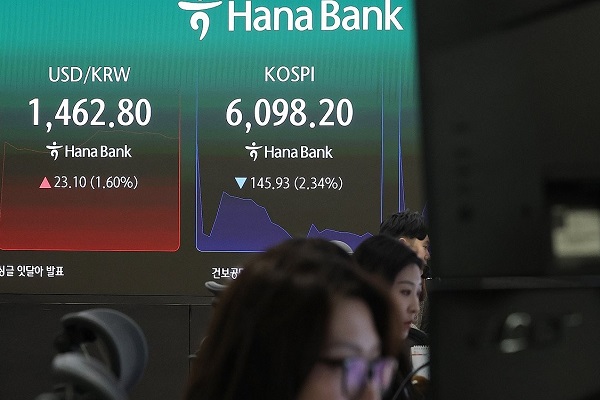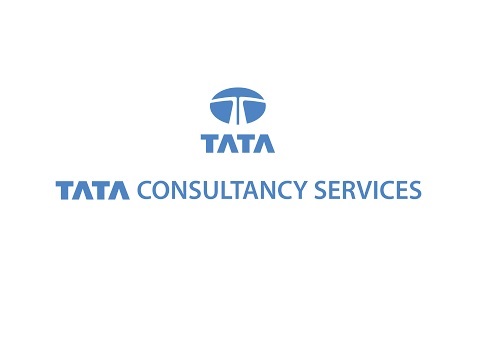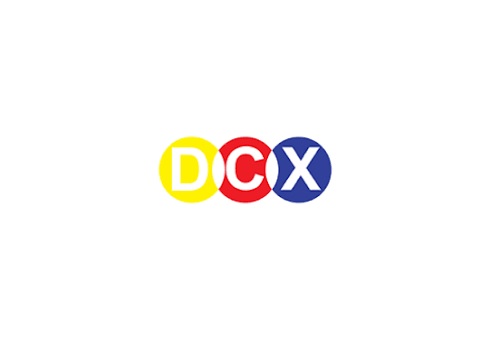Affordable Housing - Collateral Damage for US Tariffs?

The mounting trade tensions between India and the United States post the imposition of 50% tariffs are just trade disruptions. If not negotiated into moderation, they will massively impact many critical, yet vulnerable sectors that drive India's affordable housing segment.
Dr. Prashant Thakur, Executive Director - Research & Advisory, ANAROCK Group, says, “This category of homes priced INR 45 lakh or less was already gravely hit by the COVID-19 pandemic and is still struggling to find any semblance of firm ground. Trump's mercenary tariffs will snuff out even the dimmest ray of hope for this segment.”
India's affordable housing segment is mainly driven by demand coming from the country’s MSMEs and SMEs which, despite their relatively modest scale, are deeply integrated into India’s export ecosystem. Their workforces are the primary clientele for affordable housing.
ANAROCK data finds that as of H1 2025, the sales share of affordable housing has dropped to mere 18%, or approx. 34,565 units of a total of 1.90 lakh units sold in the top 7 cities. The fact that affordable housing had an overall sales share of more than 38% in 2019 shows just how badly its momentum has faltered.

The post-pandemic demand decline in this segment, which caters to approx. 17.76% of India's population of about 1.46 Bn, clearly reflects in the drop in supply of affordable housing. Its share of the total launches has plummeted from 40% in 2019 to just 12% in H1 2025.
MSMEs are a critical demographic of India's economic landscape. Among its top employment and exports generators, they are India's economic backbone. According to government estimates, MSMEs currently contribute nearly 30% to India's GDP, and over 45% to its exports.
In exports, MSMEs have proliferated 228% in just the last four years - from 52,849 in FY 2020-21 to 173,350 in FY 2024-25. Together, MSMEs and SMEs formally and informally employ over 260 million Indians, particularly in labour-intensive industries like textiles, engineering goods, auto components, gems and jewellery, and food processing. When it comes to India's growth story, editing out the SME/MSME chapter causes the entire narrative to collapse.
So far, the global economy presented a major opportunity to Indian MSMEs to seize new export markets, build global supply chains, and diversify revenue streams. The new tariff imposition, if it takes hold, puts a roadblock on what should be a no-limits speedway - and a chakka jam on the affordable housing vehicle that drives the homeownership dreams of the largest lower quadrant of the Indian population.
“Because of the disruption in this large workforce's future income thanks to the tariffs, affordable housing demand may very possibly derail and further impact sales in this highly income-sensitive segment,” says Dr. Thakur. “Concurrently, such a drop in demand will curtail launches by developers, who will have to contend with tighter working capital due to lower sales. As it is, they have been grappling with serious input cost inflation since the pandemic.”
Housing finance institutions that cater to this segment’s home loans will look at a growing risk - of defaults at worst, and dampened disbursements on account of lower demand at best.
In short, the fate of India's affordable housing segment hangs in the balance. How the government addresses the issue through coordinated policy, fiscal safeguards, and buyer-focused support measures will be pivotal. Affordable housing, the erstwhile poster child of a massive electoral exercise and the mainstay of every Indian's dream of a financially stable future, hangs in the balance.
Above views are of the author and not of the website kindly read disclaimer










Tag News

Home sales value in FY26 may grow ~20% Y-o-Y, sales volume to stagnate













